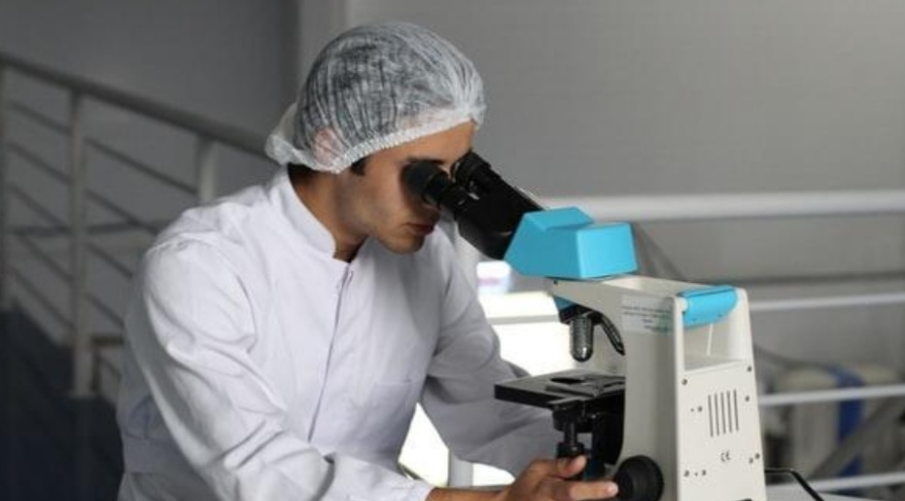As our population continues to grow and age, the demand for medical care grows with it.
Alongside this growth, the way we treat disease is changing.
With advances in technology, we can detect and treat diseases much earlier than ever.
This results in better patient outcomes and less strain on the healthcare system.
Keep reading to learn more about how modern medicine is changing how we treat disease.
How Modern Medicine is Changing:

The Advancement of Genome Research
Medical research has advanced to the point where we can now target specific genes that cause diseases, and CRISPR is one of the most notable advancements.
In 2011, scientists completed the sequencing of the human genome, and this project took more than a decade and cost billions of dollars.
This groundbreaking achievement has given researchers a much better understanding of human biology and has paved the way for many new treatments and therapies.
CRISPR allows scientists to edit patients’ genes with great precision, making it a potentially powerful tool for treating a wide range of genetic disorders.
Those with a master of health economics and other degrees in scientific research have a hand in this revolutionary research.
One of CRISPR’s most exciting potential applications is its ability to treat sickle cell disease.
Sickle cell disease is a debilitating genetic disorder affecting millions worldwide.
The disease is caused by a mutation in the hemoglobin gene, which produces sickled red blood cells.
These sickled cells can clog the blood vessels, leading to many serious medical problems.
CRISPR offers the potential to cure sickle cell disease by correcting the mutation in the hemoglobin gene.
CRISPR is also revolutionizing the treatment of genetic disorders and offers the hope of a cure for many of these disorders.
Scientists are currently working to develop CRISPR therapies for a range of genetic disorders, and the potential of this technology is limitless.
The Growth of Accessible Treatment
In the early days of medicine, there were few options for those who were ill.
If you were lucky, you might have a wise and experienced healer in your community who could offer some relief.
But for the most part, people were at the mercy of whatever maladies befell them.
Thankfully, over time, medical treatments have become more accessible and diverse.
While there are still many challenges in ensuring everyone has access to the best possible care, significant strides have been made in this area.
One of the most significant advances has been the increasing availability of generic medicines.
These medications are copies of brand-name drugs that have been proven to be just as effective but are available at a fraction of the cost.
This is a crucial development, as it means that more people can afford to get the treatment they need.
Additionally, there has been a considerable increase in the number of medical clinics and hospitals that are accessible to those who live in rural and impoverished areas.
This is important as it means that everyone has a chance to receive the care they need, regardless of their location.
There has also been a growing awareness of the importance of disability inclusive design in the medical community.
This means that healthcare providers are starting to recognize and account for the needs of those with disabilities.
This is a critically important step, as it ensures everyone has equal access to the best care.
While there is still much work to be done, the growth of accessible medical treatment is a cause for celebration.
Telemedicine advancements have been on the rise recently as a way to get prescriptions for various medications.
This is because virtual appointments allow people to get the care they need without leaving their homes or going to a doctor’s office.
Patients can communicate with their doctor via video chat or phone, so getting a prescription through telemedicine appointments is simple and more convenient.
This is done by communicating with the doctor about what medication is needed and then getting a prescription from the doctor.
Telemedicine appointments are a great way to get the care you need without leaving your home or going into a doctor’s office.
The Rise of Immunization and Vaccination
Immunization, or vaccination, is the process by which a person is made immune to an infectious disease.
Immunization can occur naturally, as with chickenpox and measles, or artificially, through inoculation with a vaccine.
Immunization has dramatically reduced the incidence of many diseases, including smallpox, polio, and diphtheria.
The modern era of immunization began in 1796 when British doctor Edward Jenner observed that milkmaids who had contracted cowpox were immune to smallpox.
Cowpox is related to smallpox but is much less deadly.
Jenner reasoned that since cowpox was similar to smallpox, exposure to it might protect people from getting smallpox.
He tested his theory by infecting a boy with cowpox and exposing him to smallpox.
The boy did not get sick. Jenner then developed a vaccine for cowpox and successfully used it to immunize people against smallpox.
Today, dozens of vaccines are available to prevent all sorts of infections, including polio, hepatitis B, meningitis, and human papillomavirus (HPV).
Vaccines are typically given as injections, but some are also available as nasal sprays or drops administered directly into the mouth.Modern medicine is changing the way we treat patients on a global scale.
With these amazing advancements, it’s safe to say that the future holds even more exciting prospects for the treatment of diseases and access to healthcare.
